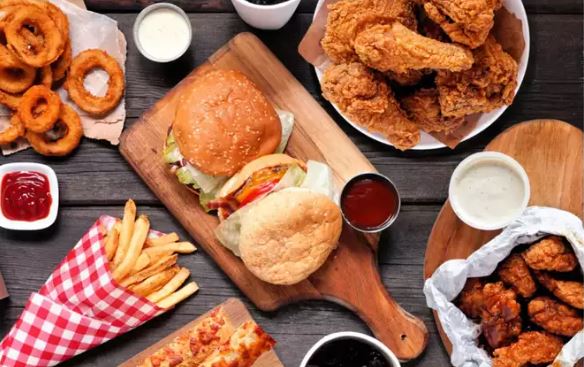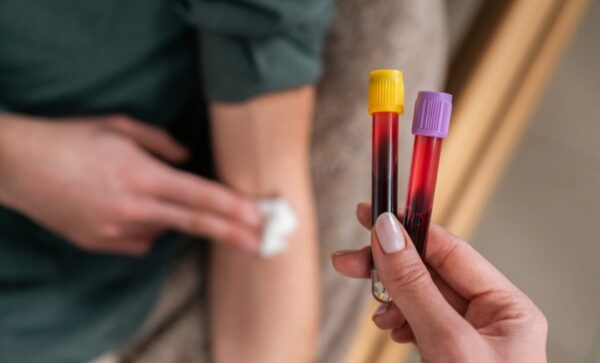Lifestyle
Chemical found in burgers, tacos linked to infertility and other health problems

Most of us prefer eating our favourite junk food from popular fast food chains assuming that they are safe and somewhat less harmful.
But a recent study found that junk foods like Tacos, Burgers or Burritos have chemicals that are linked to several health issues and infertility.
The study found that chemicals like Phthalates, were found in foods and condiments used in popular fast food restaurants.
This was according to a study published in the Journal of Exposure Science & Environmental Epidemiology by researchers from George Washington University, the Southwest Research Institute (San Antonio, Texas), Boston University and Harvard University, mentioned in the leading digital news portal, The Insider.
All about the study
Consumers are mostly aware of the presence of sugar, trans fats, salt and oil content of fast food, but they might not realize that their favourite foods also contain some chemicals, Lariah Edwards, a postdoctoral scientist at George Washington University, told The Insider.
In the study, Edwards and colleagues ordered from six of the most popular fast food chains in the US – McDonald’s, Burger King, Pizza Hut, Domino’s, Taco Bell, and Chipotle – and tested samples of the food for 11 plasticizing chemicals. Most of the food they ordered were the most popular meals of those restaurants such as Hamburgers, Chicken Nuggets, Fries, Burritos with Chicken, Rice, Beans, Salsa. Also from some Tex-Mex chains to Cheese Pies and Pizza places. It was found that foods containing meats had higher levels of chemicals.
The analysis of chemicals found in fast food
Around 80% samples contained a chemical known as Phthalates, which is basically a class of chemicals used to make plastic softer and more flexible. In fact, Phthalates and other plasticizers are mostly found in food packaging and gloves, despite their known effects on human health.
As per several news reports, the past studies have observed that people who reported eating more fast foods had higher levels of Phthalates in their urine samples. But this is the first effort to analyse and test the food itself with a new generation of plasticizers in mind.
How Phthalates impact health?
The chemical known as Phthalates has been linked to reproductive problems and early death. It has been observed and analysed that
Phthalates interfere with hormonal function, which can lead to a plethora of problems with fertility and child development.
In fact, it was seen that people with high levels of Phthalates in their urine sample were also found more likely to die early, especially due to heart disease, as per the recent study.
According to one of the research leads Edwards said: “While one Big Mac probably won’t kill you, it’s important to consider your Phthalates exposure overall. Exposures in food can build on other sources of chemicals, like cosmetics and cleaning products.”While they don’t build up in your body the way that PFAS chemicals do, you still are being constantly exposed to these phthalates from multiple sources,” Edwards told Insider.
Findings of the study
Use of chemicals in edible food has an adverse effect on health. In fact, as per the Consumer Product Safety Commission there was a ban on the use of these eight types of Phthalates in children’s toys and child-care objects in 2017. Despite the ban most of those products were still used in other plastic products. It was also found that at least four of those were found in fast foods.
As per the news reports on this matter, The researchers also tested for a new plasticizer called DEHT, which is used to replace banned phthalates, and found it in 86% of the food tested. Replacement plasticizers like DEHT are yet to be studied properly to analyse the effect on health. In fact, the GW team found they “behaved similarly” to ortho-phthalates in terms of acting on hormone receptors.
In a nutshell
Authors of the study concluded that due to the lack of transparency around these chemicals, the impetus really falls on regulators to keep chemicals like Phthalates out of food and personal care products.
Edwards said “Fast food is a convenient alternative to having to cook at home, so it should not be full of chemicals.” She further added that
“Maybe you want to eat less fast food, but that’s not always an option for everybody,”
However, as per the report by The Insider, restaurants did not share their views on this.










